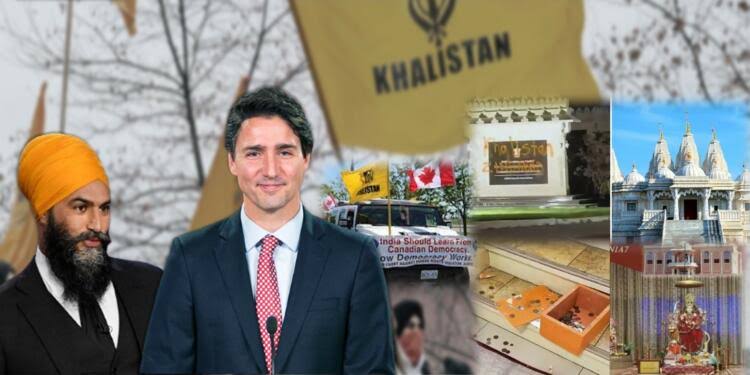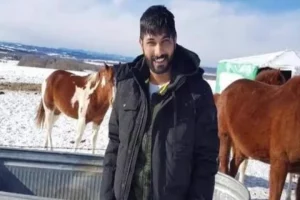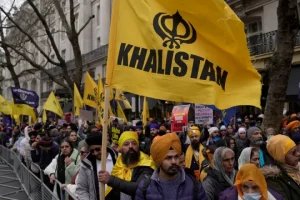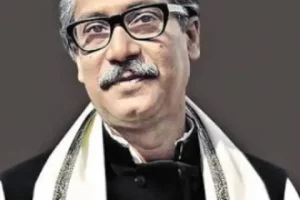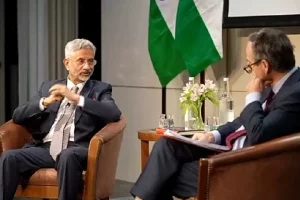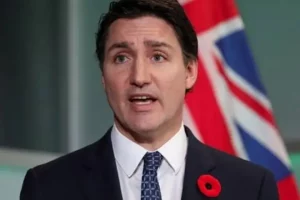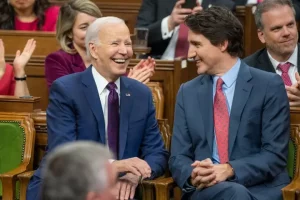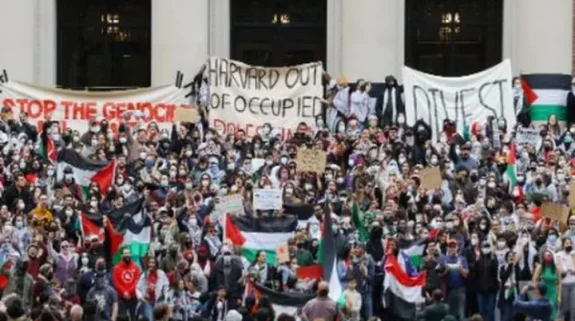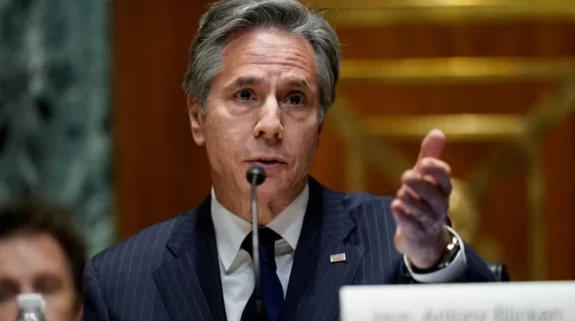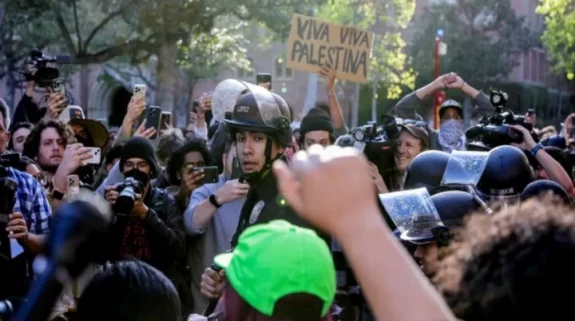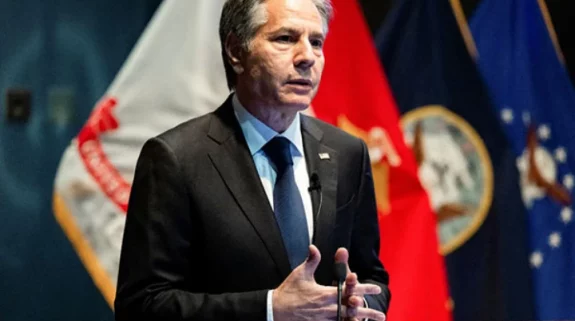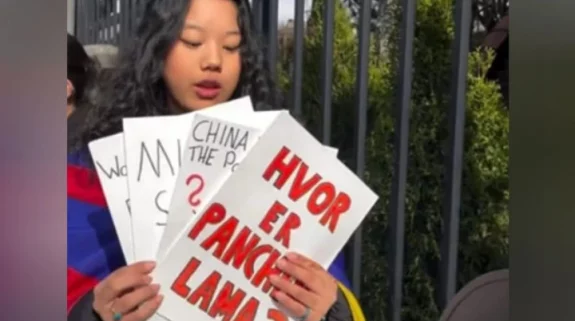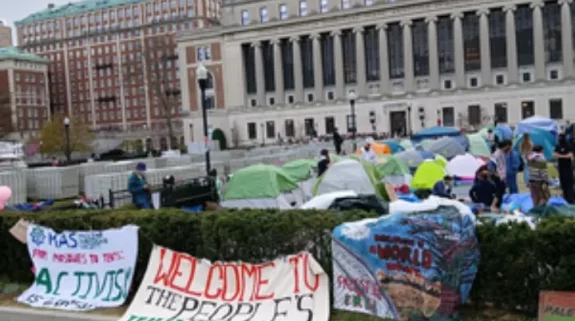Weeks before Canada made an explosive allegation implicating Indian officials in the killing of Sikh separatist leader Hardeep Singh Nijjar, Canadian officials sought public condemnation of the murder from their allies, including the United States, but were met with reluctance, The Washington Post reported.
The same highlights the diplomatic challenges faced by the Biden administration and its allies as they try to navigate relations with India, a crucial player in the region, the report noted.
The alleged assassination of Nijjar, a Canadian citizen, on June 18, led to behind-the-scenes discussions among senior officials from the Five Eyes countries in the weeks leading up to the September Group of 20 summit in New Delhi.
However, no public mention was made before the summit, which was seen as an important event for Prime Minister Narendra Modi, according to The Washington Post.
Canadian Prime Minister Justin Trudeau’s announcement of “credible allegations” in the parliament caused a significant rupture in bilateral relations with India, resulting in the expulsion of an Indian diplomat in Ottawa, the report stated.
“Canadian security agencies have been actively pursuing credible allegations of a potential link between agents of the Government of India and the killing of a Canadian citizen, Hardeep Singh Nijjar,” PM Trudeau said on Monday.
However, New Delhi on Tuesday rejected Canada’s allegations of Indian agents being involved in the killing of pro-Khalistan leader Hardeep Singh Nijjar, the chief of Khalistan Tiger Force and a designated ‘terrorist’.
In retaliation to the Trudeau administration expelling an Indian diplomat, New Delhi ordered a Canadian envoy, believed to be spying for the country in India, within five days, the Post added in its report.
While Trudeau emphasized that Canada was not looking to provoke or escalate the situation, the Indian government rejected its accusation as “absurd and motivated,” shifting the focus to Khalistani terrorists and extremists sheltered in Canada, The Washington Post reported.
In a statement, the Ministry of External Affairs (MEA) said, “We have seen and reject the statement of the Canadian Prime Minister in their Parliament, as also the statement by their Foreign Minister. Allegations of the Government of India’s involvement in any act of violence in Canada are absurd and motivated.”
Nijjar had been designated a terrorist by Indian security agencies in 2020 and was accused of supporting attacks in Punjab, the report noted, adding that India sought his extradition in 2022 and linked him to the killing of a Hindu priest in Punjab that same year.
According to the report, India had been pressuring countries like Canada, Australia, Britain, and the United States, which have significant Sikh communities, to crack down on the Khalistan movement. Pro-Khalistan protests had taken place in London and San Francisco, causing tension with the Indian government.
This diplomatic controversy unfolds as Western nations seek to strengthen their geopolitical and trade partnerships with India while refraining from criticizing Prime Minister Modi’s authoritarian policies.
Michael Kugelman, a South Asia analyst, pointed out the dilemma facing Western governments, acknowledging Canada as an ally but valuing their relationship with India as a key strategic partner.
According to The Washington Post, the G20 summit in India in September was marked by tension, with Trudeau sidelined and denied formal bilateral talks with PM Modi. The Khalistan issue was discussed on the summit’s sidelines, further straining relations.
Canada’s Foreign Minister Mélanie Joly stated that Trudeau had raised the allegations with President Biden and British Prime Minister Rishi Sunak, with the topic expected to be discussed at the UN General Assembly, The Washington Post reported.
In response, Washington expressed deep concern and emphasized the importance of Canada’s investigation and bringing the perpetrators to justice. Australia also raised the issue with India at senior levels.
The allegations surrounding Nijjar’s assassination have intensified the long-standing issue of Khalistan supporters in Canada, with potential ramifications for global geopolitics and foreign interference.
While the situation remains complex, it underscores the delicate balance Western nations must maintain between their allies and their strategic partnerships in a rapidly evolving global space, The Washington Post reported. (ANI)






